While I have spent the last three decades of my life being as politically active as was feasible at any given time and being as verbal about said politics as I could, I have to admit that doing the same with my work as a games scholar has not been as easy as it has with my critical race theory work. I wonder if you all are as surprised by that as I am. The last couple of weeks have given me time (and reason) to sit back and ponder just why that is.
In my opinion, racial tension and inequity in the United States has been on the rise over the last 6 years (ask if you can’t figure out what I think that coincides with). Hate speech and hate crimes have come more to the fore and we are seeing not only an abundance of racist (and generally xenophobic) material on social media. We have more social uprisings over the murders of young Black men and women than we have had since the 1960s and all with good reason. And I had really hoped that this was something that the people would not find a reason to deem necessary after the L.A. riots in 1992 (which probably took place before some of you were born or before you were old enough to recognize what was going on). In 1992 I was a young elementary school teacher who was trying to help young Black students make sense of what they had seen on the news and what they were hearing at home. They were angry because their parents were, but they were afraid because they couldn’t understand the violence that was taking place on both sides of the playing field.
And now 20+ years later I am teaching at a university. There are (too) few young Black faces in my classes, but I still struggle with helping people understand the nature of social uprisings. I still see fear and anger in the faces looking back at me in the classroom and I am sure that my face reflects those same emotions. These uprisings that I had hoped and prayed that I would never see again bring back a swell of emotions and a new fear of escalation. As we (the citizens of the world) see more and more cases involving the deaths of young Black men and women simply because they are Black broadcast in traditional and social media outlets we are also seeing an increase in the number of ways and means that people have attempted to justify it. And sadly that justification itself seems to be rooted in the same racism that precipitated the murder in the first place. Black people are scary. Their very presence in a situation seems to put people on edge (or at least that’s the excuse that their murderers are using).
She was banging on my door in the middle of the night. 19 year old Renisha McBride was shot in the face and killed by a homeowner when she knocked on his door after being involved in a car accident. He claimed that he couldn’t find his cellphone to call the police so he opened the door and fired a shotgun point blank…into her face.
He was waving a gun around on the playground. 12 year old Tamir Rice was shot by police on a Cleveland playground by police for having a toy gun tucked into his waistband. The shots that ended his life were fired within 2 seconds of their arrival on the scene.
He was menacing. 18 year old Michael Brown was shot and killed by Ferguson police after an altercation that started from Brown and his friends walking in the street and being ordered by the officer to move to the sidewalk. Brown was shot no less than 6 times within 90 seconds of initial contact with the officer.
They were playing their music too loud and I was frightened. 17 year old Jordan Davis was murdered by a man who fired into a car occupied by Davis and his friends in a Florida gas station because their music was too loud and the shooter felt “threatened”.
He didn’t look like he belonged and he attacked me when I confronted him. 17 year old Trayvon Martin was shot and killed by a neighborhood watch member while walking in a gated community in Florida. The shooter was told by police to stand down and not confront the boy immediately before doing so.
And I could continue to add names and stories to this list by the dozens, with all of them having taken place within the last couple of years. These are not isolated cases, but rather ones that are most well known.
While these cases and the politics that surround them are difficult to fathom, oddly these things become even murkier when I begin to consider the research that I do on games. While laypeople and other academics are more receptive to and understanding of my speaking publicly about the race relations in the US they are often less receptive to the idea of me doing the same about my work with games and race or feminism. Much of this (I believe) is because of the notion that games themselves are simply harmless fun and that any controversy that arises in and around the games community is as frivolous as they perceive games to be. This perception makes it difficult to bring things like the proliferation of rape culture in games (and the effect that it has on real people) or the harassment of women in the community (because women can just turn their computers off and the rape and death threats go away, right?).
There are many possible reasons (aside from the notion of the lack of seriousness in games and play) that exist when we start to consider why this perception exists. And when people ask me why I continue to study games when the atmosphere is so toxic. Why do I think it’s important to work for change within games and games communities when such threats exist? Why engage with unsavory folks on the internet? And for me the question that I ask is If not me then who? If everyone steps away from engaging with these communities and don’t work for change how will change ever come about?
Most importantly we can all consider to what degree and in what ways we can or want to be change agents (or not).

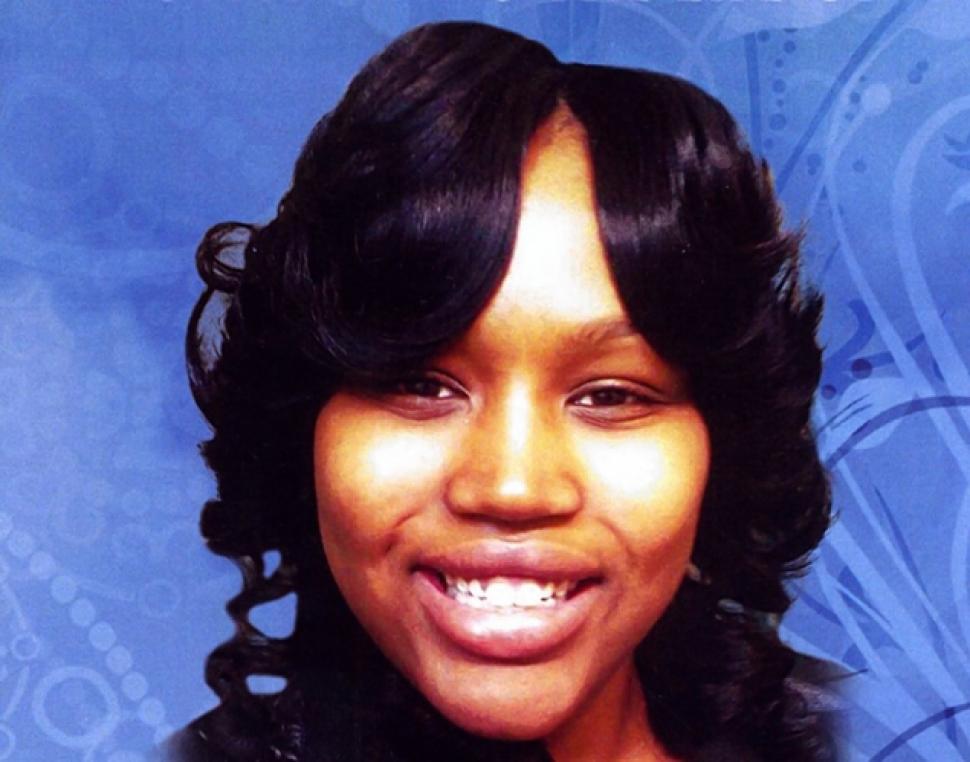
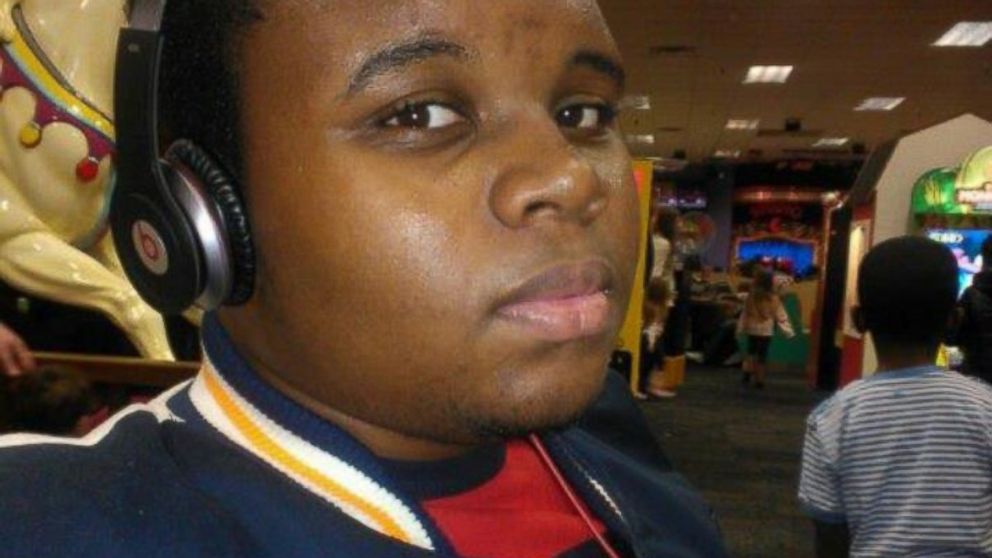
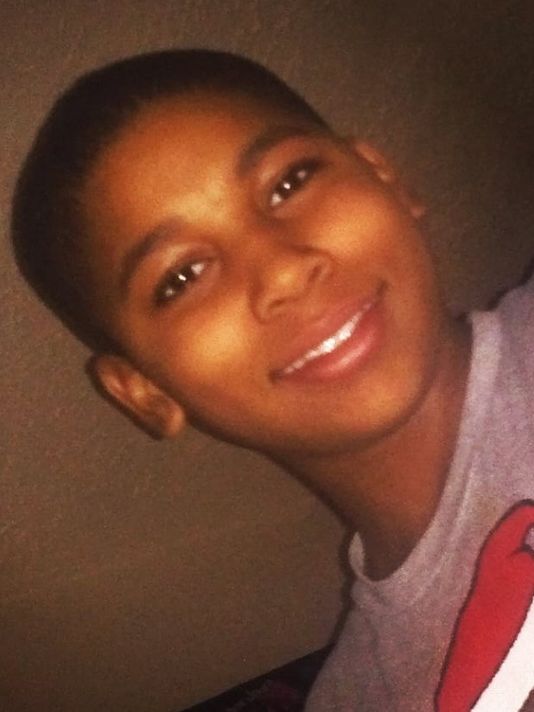
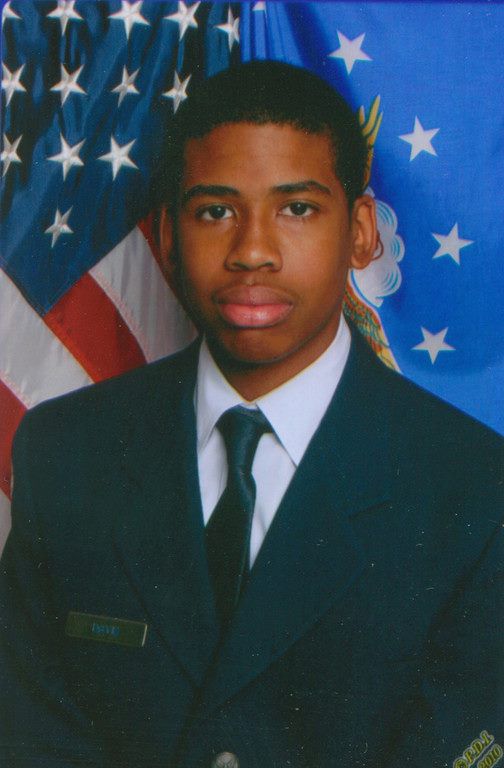
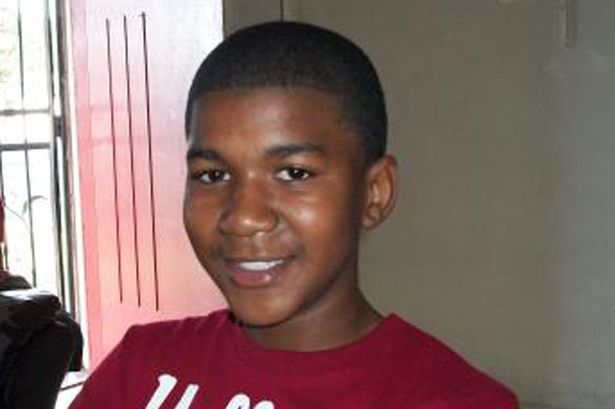

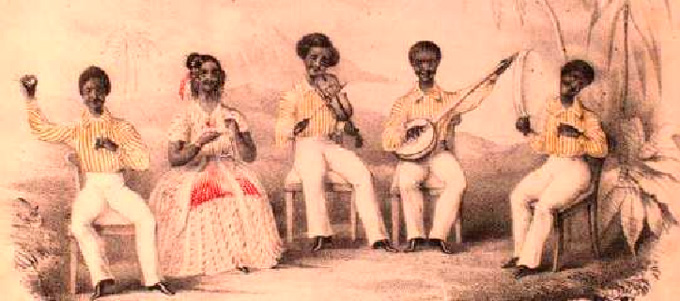

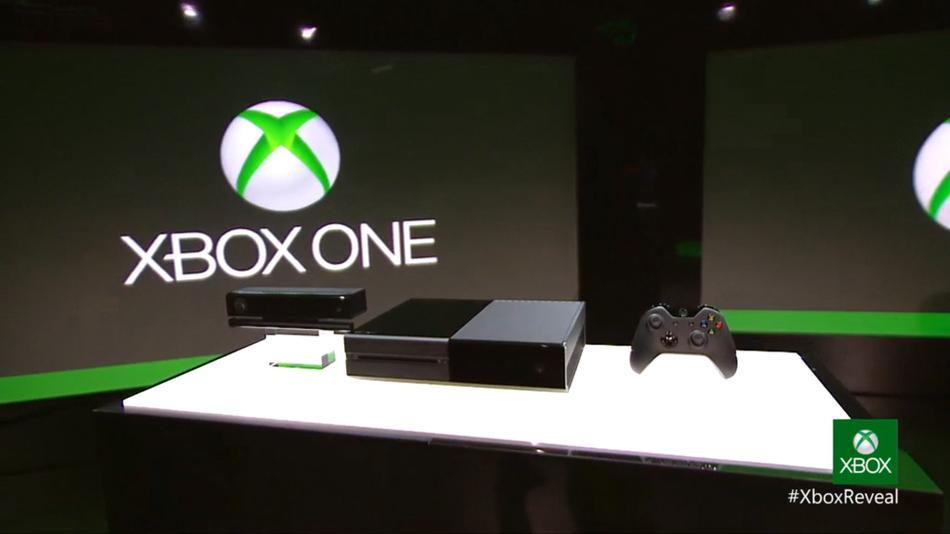
3 thoughts on “Taking It to the Streets: Games Research in “Real Life””
“In my opinion, racial tension and inequity in the United States has been on the rise over the last 6 years (ask if you can’t figure out what I think that coincides with). ”
This was supposed to be obvious, but I’ll admit to being completely clueless here tonight. What do you think this coincides with?
The past 6 years are a bit of a mystery to me, but it feels like the increase in xenophobia has to be at least on trend with the number of people who prefer online interaction to face-to-face interaction. I can’t tell you how much more awkward people are every year to encounter in person. People don’t even know how to look at one another. It’s becoming a strange world out here. I think part of this must be due to how we’re no longer having the truly social interaction. Chatting with you online leaves out a TON of context, information and empathic interactions than chatting with you in person. And in those personal exchanges we learn how to live in the company of other people. That’s my hazardous guess anyway 🙂
Enlighten me.
^^^^obvs troll is obvs.
While I agree with your argument about the rise in uncivil/outright nasty speech over the last half decade, I’ll submit that we could go back to Hurricane Katrina’s coverage and the online response (which coincidentally happens to be the subject of my dissertation LMAO). Between media portrayals and the rise of blogs as commenting spaces, racialized discussions about identity spilled out of niche fora like Stormfront or geek-centered spaces like Fark to stain the wider web. Events like the Jena 6 and Shaquanda Cotton mobilized brown folk to add online activism to the social justice arsenal, but it also mobilized anti-black proponents to open their raatid mouths online – spreading opinions that were picked up and recirculated by the mainstream media.
I think that you are right, it did start with Katrina and the online coverage there, but it feels like it hit a second level of nationwide deadly escalation after the election of Obama (my own conspiracy theory). Kind of a deadly racist backlash? It does make sense that more black folks on line leads to more racists responding to that presence. We see the same thing with women/feminists online. Begs the question of why folks feel the need to shut down the increased presence of women and POC with more vitriol.